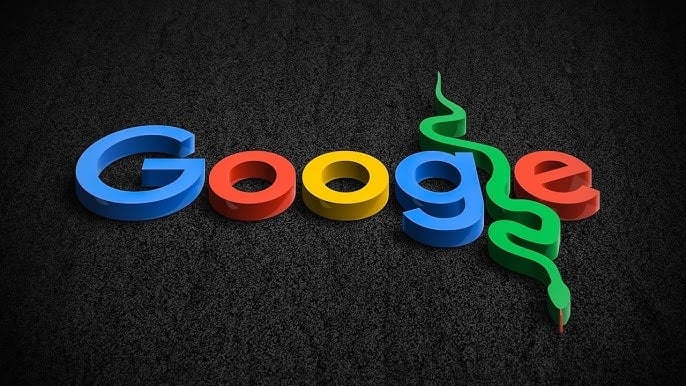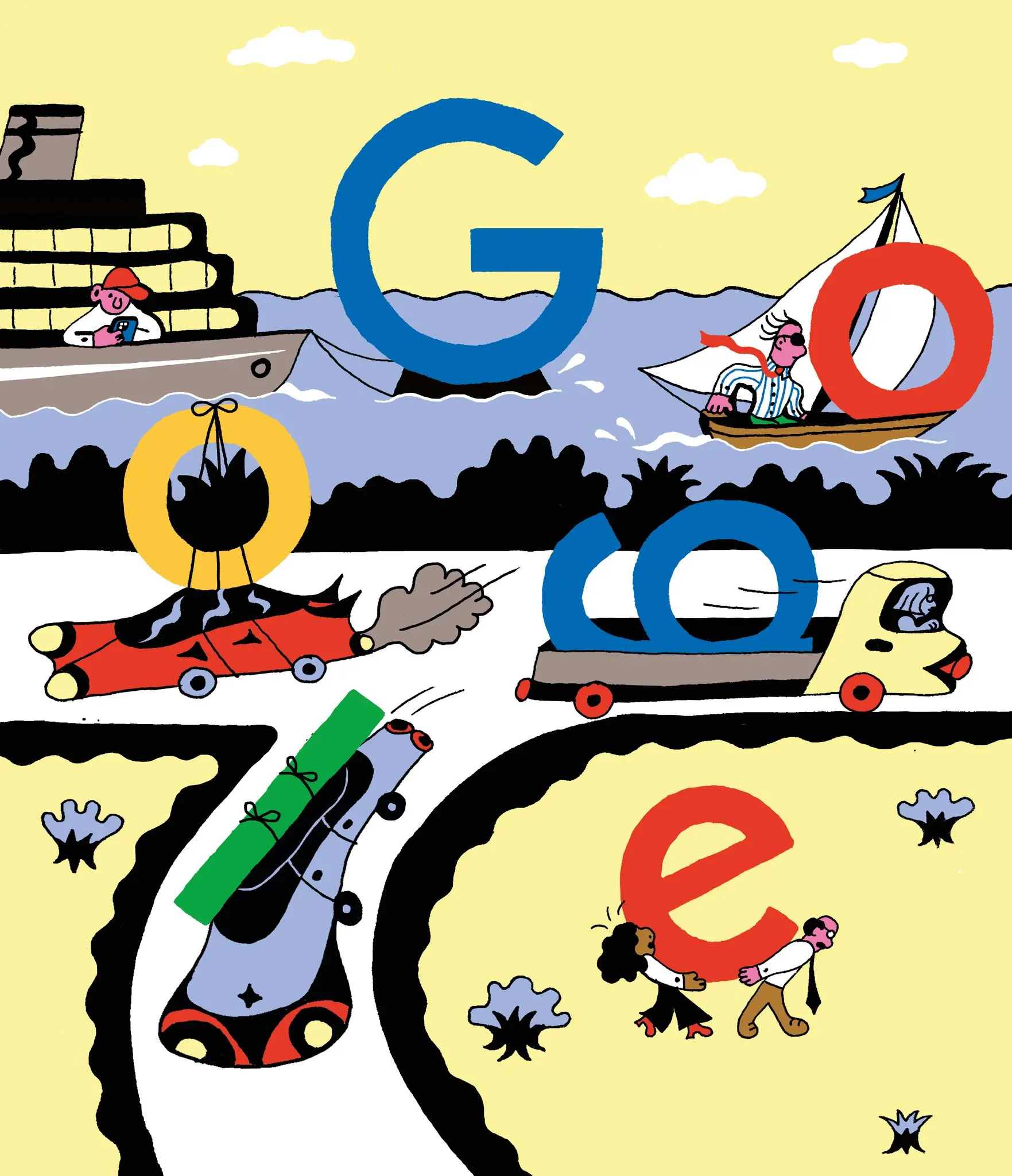Over the past year, Google has lost two major antitrust lawsuits in the US. The company is under pressure from legal authorities, its stock has stalled, and revenue from its search business is threatened by artificial intelligence.
In light of this situation, US officials are urging Google to sell off parts of its business, such as the Chrome browser, its advertising network, and possibly the Android operating system. However, instead of resisting to the bitter end, some experts suggest the company should proactively break itself up into several independent units.
If it happens, this would be a classic Silicon Valley "power move," doing exactly what the government is about to do to you. It could help Google regain the image once associated with its slogan "Don't do bad."
Should the giant ship be broken up into smaller pieces?
Gil Luria, an analyst at DA Davidson & Company, believes that Google has become an overly complex organization, a disjointed collection of unrelated businesses: from Waymo self-driving taxis and YouTube to cloud storage services, search engines, and advertising.
In a note to investors, Luria suggested that Google's true value, if broken down, could reach $3.7 trillion – nearly double its current market valuation. Waymo, if listed separately, could be valued similarly to Tesla in the self-driving taxi sector. YouTube was compared favorably to Netflix, a company currently highly regarded by investors.
According to Luria, if each subsidiary were allowed to develop independently, Google engineers could create breakthroughs similar to what the original search engine did in the late 1990s.
Google is often described as a "mother ship" encompassing many sectors. Photo: The New York Times . |
The idea of splitting Google isn't just about financial gain. Experts believe it would spark genuine competition, leading to lower advertising rates for clients, a more diverse development environment for employees, and more innovative players in the tech industry.
Barry Barnett, an antitrust lawyer, argues that the only ones harmed by the split are those currently benefiting from the monopoly position. Google currently pays Apple approximately $20 billion annually to be the default search engine on the Safari browser.
"Google executives could take pay cuts. Fewer startups would be acquired by Google. And competitors like Apple might no longer receive huge revenue shares from Google," he said.
Adam Kovacevich, CEO of the lobbying group Chamber of Progress, disagrees with the idea of breaking up Google. He likens it to a giant cruise ship competing with other "mother ships" like Apple, Meta, or Amazon. He says, "What's the point of breaking it into four smaller cruise ships? There are opportunities that only large ships can pursue, like AI."
For its part, Google declined to comment directly on Luria's proposal, but maintained that forcing the company to sell Chrome or Android would harm millions of users and the entire dependent ecosystem.
There are precedents, but not many people dare to do it.
History has shown that some companies have voluntarily split up when legal pressure mounts. AT&T did so in the early 1980s to avoid heavy penalties. More than 40 years later, a similar scenario could unfold with Google. But unlike AT&T's time, founders like Larry Page and Sergey Brin still retain significant control over the share structure, and it won't be easy to persuade them to split up voluntarily.
However, Kovacevich, who previously worked in public policy for Google, believes this possibility should not be ruled out. "Larry and Sergey really like making bold and unconventional decisions," he said.
History shows that focusing solely on litigation will leave you behind. Microsoft fought a fierce antitrust lawsuit in the early 2000s – and while it won partially, it took the company nearly a decade to regain momentum, missing out on opportunities in cloud computing and mobile technology.
Google today may be heading down that same path. And the question isn't just: "Will Google be split up?" but also: "Do they dare to split themselves up in order to survive and thrive?"
Source: https://znews.vn/se-ra-sao-neu-google-bi-xe-le-post1558027.html





![[Photo] General Secretary To Lam working with the Central Inspection Committee](https://vphoto.vietnam.vn/thumb/1200x675/vietnam/resource/IMAGE/2026/03/05/1772718314670_a1-bnd-8682-5192-jpg.webp)
![[Photo] Prime Minister Pham Minh Chinh receives the Minister of Emergency Situations of the Russian Federation.](https://vphoto.vietnam.vn/thumb/1200x675/vietnam/resource/IMAGE/2026/03/05/1772712011395_ndo_br_thiet-ke-chua-co-ten-76-png.webp)



































































































Comment (0)